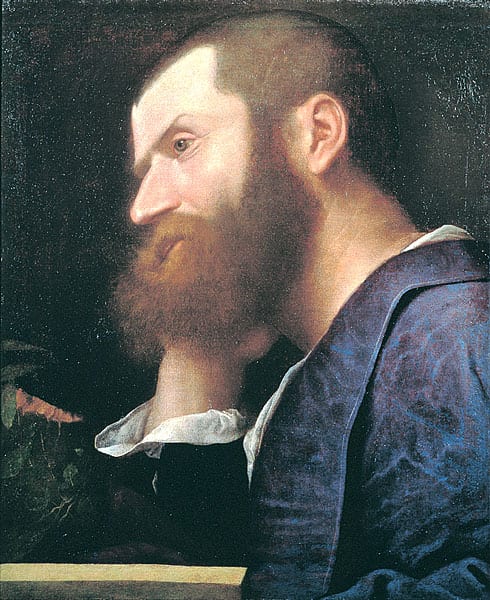The colourful character behind the wisdom of Legacy
The colourful character behind the wisdom of Legacy
The colourful character behind the wisdom of Legacy
-
Hannah
-
Hannah

Secrets, deceit, betrayal – and revelation, truth and loyalty: these are the themes that underpin my Andalucían Nights trilogy.
In the final book in the series, Legacy, the heroine Luna has secrets that she is keeping from Ruy, the hero, and top of the list is the fact that she has come to work at his clinic not simply, as he thinks, to support his work but actually to write an exposé of his complementary cancer treatments for a major American journal. She is, in fact, a traitor in the midst. But the more she falls in love with Ruy, the more that secret weighs heavily upon her, until some particular words of wisdom come to mind:
‘I love you, and because I love you, I would sooner have you hate me for telling you the truth than adore me for telling you lies.’
So true, don’t you think, and noble and heroic and pure… and yet these words of wisdom were penned not by a gentle soul, but by one of the most colourful characters of the Italian Renaissance, Pietro Aretino (1492–1556). Here are five things to know about this influential figure:
* He had an inauspicious start for the time – born out of wedlock to a shoemaker and poorly educated. His response: to leave home and make his own way in the world, first painting and then writing, and to lie and tell people he was the son of a nobleman and was named Aretine (his real name is unknown).
* He built a name for himself as a daring and insolent satirist, ‘the scourge of princes’, which earned him a lot of attention – frequently of the dangerous kind; he had to flee Rome due to death threats and an assassination attempt by a man he had torn apart with his pen.
* Aretino didn’t stop at mere written criticism; when he settled in Venice, which he called the ‘city of vices’, he used his position to blackmail the rich and powerful. The result: he became superbly wealthy, thanks to pay-offs from nobles and kings, his sharp tongue earning him fame and fortune until his dying day. He was the man everyone wanted to know and nobody wanted to cross!
* He became firm friends with the painter Tiziano Vecelli (Titian), of the Venetian school. Aretino would help Titian to sell paintings, most notably to the King of France, and Titian painted Aretino three times. The first portrait is my favourite, because there’s such a sensitivity in his face (it was painted well before he went to Venice):

Aretino tried to get close to Michelangelo too, and when that failed he turned on the painter and criticised his new work, The Last Judgment fresco in the Sistine Chapel. One of his criticisms was the amount of nudity in this public work, which is ironic given Aretino’s own creative projects…
* Aretino was a homosexual, and was entirely open about this. In some of his creative writing – poems and plays – he wrote what was considered by many to be ‘obscene’ material. In fact, he was one of the pioneers of erotic literature, and he wrote the first ‘whore dialogues’; crassly named, I know, but a recognised literary genre of the Renaissance. Even today his writing has the power to shock: back in 2008 Aretino’s ‘Lust Songs’ were performed at Cadogan Hall, London, and the programmes in which the poems were printed had to be withdrawn because some people were offended by the language.
Certainly, then, Aretino ruffled feathers through his words. In his comedy La cortigiana, he offers a lesson on how to be a courtier: learn how to be vain, how to flatter and, crucially, how to deceive. Deception, he tells us, is inherent in power. And yet, it ought not to be in matters of the heart:
‘I love you, and because I love you, I would sooner have you hate me for telling you the truth than adore me for telling you lies.’
Given Aretino’s colourful history, these words stand out starkly. Deception has no place in love, only truth – as Luna and Ruy, who carries his own secrets, must learn in Legacy.
What became of the Italian scourge of princes? He died, so the story goes, of suffocation caused by mirth; he laughed himself to death. A colourful character indeed!
You have discovered the most amazing resources in your research in writing. This blog is very informative.
Thanks for sharing